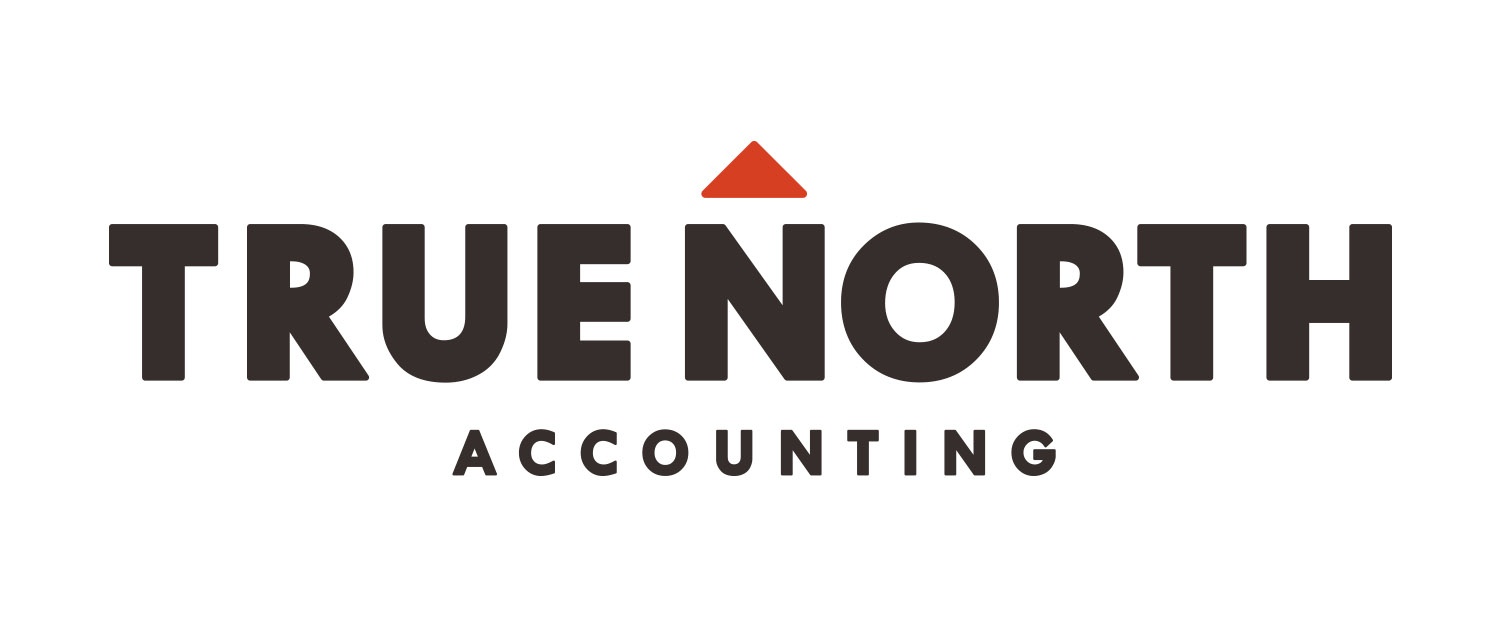Small business owners need to know the value of their businesses for many reasons – making informed decisions, attracting investors or planning an exit strategy. Valuing a business is part art, part science and includes factors such as financial performance, market trends, assets and liabilities, market share and the economic environment.
When calculating the value, there are generally accepted business valuation techniques that every business owner should know about. The valuation method depends on the business type or stage of the business.We’ll discuss these types of businesses and their approaches:
- Stable businesses with a profitable history
- Startups and growing businesses
- Holding companies and unprofitable businesses
- Market value approach
Stable businesses with a profitable history
Cash flow situation: The business is profitable, with stable cash flow expected to continue.Valuation approach: Historical Earnings, Capitalized Cash Flow, EBITDA (Earnings Before Interest, Taxes, Depreciation, Amortization) Multiple, Seller’s Discretionary Earnings
If your Canadian small business is mature and profitable, and you expect the cash flow to continue into the foreseeable future, you would value the business based on past cash flow.
When you hear people talk about an earnings multiple or EBITDA Multiple, this is their approach. They mean multiplying the business’s earnings by a number (usually 2 to 5) to get its value. Applying a multiple of “3” to a company making $100,000 a year would value the company at $300,000.
Buyers are paying for the income stream your business generates. How much a buyer is willing to pay depends on the expected cash flow adjusted for how much risk they see in the business. The risk is that the payments might be less than anticipated, not arrive on time, or both. And unfortunately, businesses sometimes fail, so the payments could also stop altogether. A riskier business will garner a lower multiple, and efficient, established companies will command a higher multiple.
Startups and growing businesses
Cash flow situation: When historical earnings do not indicate future earnings, use this approach.Valuation approach: Future Earnings, Discounted Cash Flow (DCF), Future Cash Flow
If you’re a startup company or have big growth plans, valuing your business on the last 3 years’ results probably doesn’t give you the valuation you want. To best value this type of business, we need the expected earnings for the next 3 to 5 years.
The business is still valued based on its income stream. Only with this approach do we take our best guess on future earnings, rather than rely on past earnings, to value the company.
Generally, a business seller prepares their cash flow projections with rose-coloured glasses, expecting the business plan to unfold as planned, with no roadblocks or detours. When valuing the business, business valuators will adjust the future earnings to reflect the risk that the cash flow projections may be less than anticipated, slower than planned or not materialize. This is the “discounting” in “Discounted Cash Flow.”
Holding companies and unprofitable businesses
Cash flow situation: The business's cash flow (or profit) needs to be increased to provide a decent return, considering the assets and resources used by the company.
Valuation approach: Fair Market Value of Assets (net of all liabilities)If you can sell everything off and net more cash than if you valued the business using earnings, you would sell off the assets. If there is no goodwill in the business, use the Net Asset approach.
Many small businesses today could be more profitable. Use the Net Asset Value approach if you’re valuing your business using the Future Cash Flow approach or the Historical Cash Flow approach (or both), and the value is less than the saleable value of the assets.
Market value approach
Cash flow situation: Cash Flow and Asset Value mean less when there is a ready market for your type of business.Valuation approach: Rule of Thumb Valuation, Auction, Comparable Transactions
Many industries know their market price and have ratios or rules of thumb that buyers and sellers are comfortable with. Oil producers might sell for a value based on BOE/Day, a software app might be valued based on the number of subscribers and motels might sell strictly based on the number of rooms.
Remember that value does not necessarily equal price, regardless of the method used to value your business. Negotiations between buyer and seller determine the price. Terms and conditions can also have a significant impact on price.
Read more about Small Business Basics topics that may be helpful to you and your company. And reach out to us if you’d like to chat about how True North can help you with valuation (and building your business!).
Like what you hear?
Are you on the hunt for a more proactive small business accountant? That’s us.








